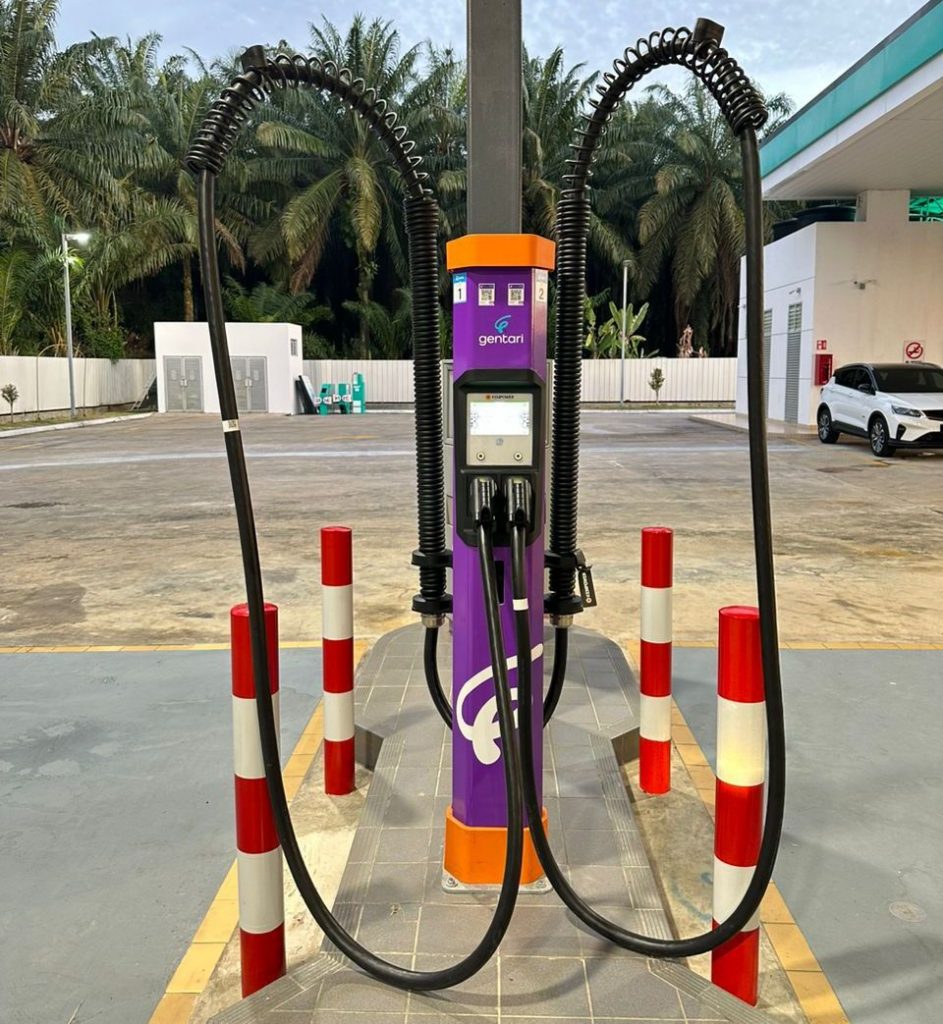Many small businesses try to run server operating systems on their desktop PCs. It is not an alternative to genuine server hardware. Network implementation is a costly affair, but you will get several benefits by installing a server for your computing environment. It will help you overcome shortcomings. But, how does a server differ from a desktop PC?
Defining a server and a desktop PC
A server refers to an infrastructure, which is comparable to a standard computer or desktop. However, it has more power and has more RAM. With a higher capacity, it works like a powerful computer, receiving requests from the client’s PC and delivering the output. There are various types of servers, including FTP, mail, and web servers. https://velocitytechsolutions.com/shop/servers/dell-servers/2u-rackmount-servers/poweredge-r740xd/ and several other companies sell their physical servers.
A desktop is a PC used for corporate or personal purposes. It includes physical hardware that helps with the proper functioning of the desktop computer. The main input devices are mouse, monitor, and keyboard. Only one user can run a particular desktop computer. Multiple employees at your workplace cannot run the desktop at the same time.
Difference between a desktop PC and a server
Hardware
While choosing server hardware, you have to decide on:
- Processor – Find a server-oriented processor to improve performance.
- Form factor – You can choose an entry-level, dedicated server in the configuration.
- Storage – SCSI hard disks are the best choice.
- Memory – Purchase memory according to your needs.
Desktop PCs use processors like Intel Core. But, a server uses an Intel Xeon processor, which works with several other processors to interact with the server stack. A server’s motherboard comprises more than one processor, while the desktop PC’s motherboard has a single processor. What’s more, Xeon processors are compatible with Error Code Correcting RAM, as the servers should maintain consistent performance.
Operating System
Choosing the right operating system for the server is challenging. You have to consider the purpose of using the server. For the main file servers, you can choose the standard operating system.
The OS of a desktop PC and a server is different. A server’s OS manages multiple connections and processes at a time. It has no GUI, but you can update the hardware and software without restarting the system.
On the contrary, if it is a desktop OS, you should restart it. Besides, a server OS has backup options, and the security is stronger compared to a desktop OS. You will also find flexible and advanced network capabilities with the server OS.
Should you buy servers?
Servers deal with high-end processing tasks like hosting databases. You can use them for resource sharing, like copiers and printers. Moreover, servers can run wireless scanners for virus detection and removal. Your works are frequently backed up to ensure that you can recover them during an emergency. They need a high amount of RAM for efficient performance. The in-built capacity of most servers is quite high and prevents data loss.
So, you can look for the best platform to purchase servers for your business.




